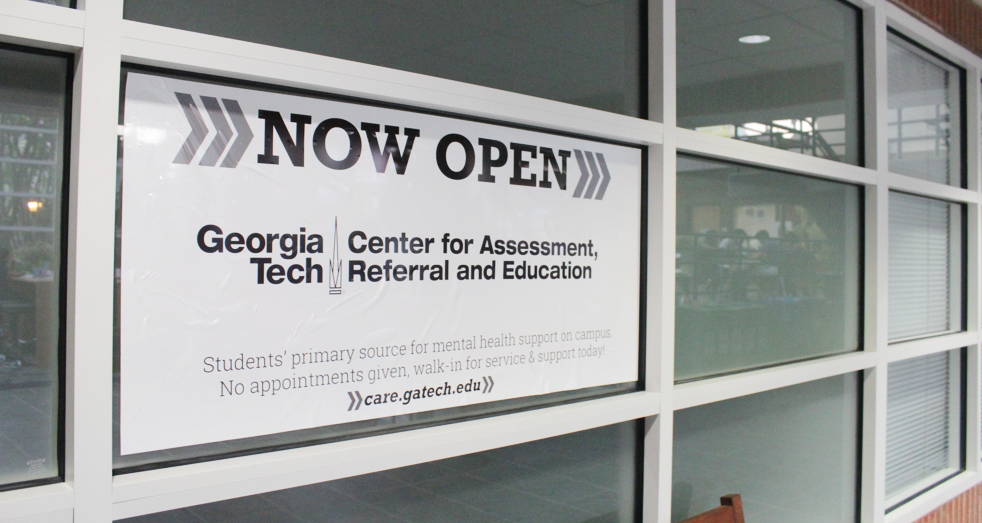With the commencement of the fall semester, classes and extracurricular activities are fully underway at Tech.
For first-year students, this semester includes a plethora of challenges that can be stressful and intimidating to adjust to.
In order to help new students successfully acclimate to college, Tech has launched a new mental health education initiative.
With advocacy from students involved in the Georgia Tech Mental Health Network, Tech has formed a collaboration with Everfi and the Jed Foundation to bring this new module to first-year students.
The genesis of the mental health education program can be attributed to Charlie Woods, a third-year chemistry major who has served as the chair for the Mental Health Joint Allocations Committee and the Mental Health Network.
Woods partnered with Dr. Chip Reese, a member of the USG Mental Health Taskforce, to translate his vision of mental health education for new students into reality.
When asked about the impact of the module on new students, Woods emphasized mental health education as being “vital for building student self-efficacy in accessing mental health services.
When students come to college, many are having to navigate the mental health care system on their own for the first time. This module will orient students to the process of reaching out for professional mental health assistance.”
College and changing environments can be conducive to the emergence of academic and social stress for new students.
The MHN recognizes this reality and wants to create a paradigm shift where Tech can equip its students with the tools to tackle possible difficult situations.
The new module will discuss mental health, possible stressors, healthy management strategies, and proper reporting of issues to the appropriate health department in a 45 minute interactive lesson.
It is just one step Tech is taking as a part of its larger health and well-being initiative in order to support its students, both emotionally and academically.
Students can contact the Center for Assessment, Referral, and Education (CARE) for mental health resources, along with visiting the Counseling Center for individual counseling and crisis intervention.
While one program is not comprehensive enough to tackle every student mental health issue, it can create a campus-wide culture change where students are encouraged to prioritize mental health.
